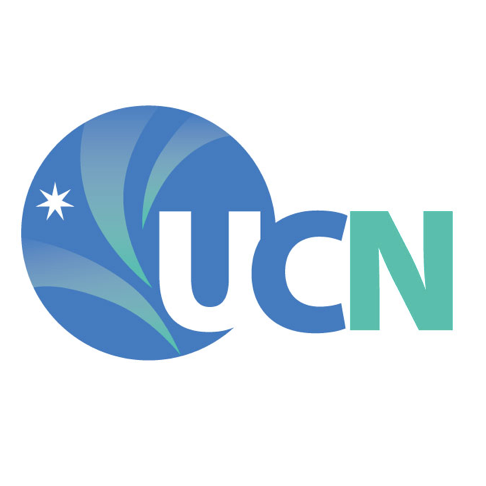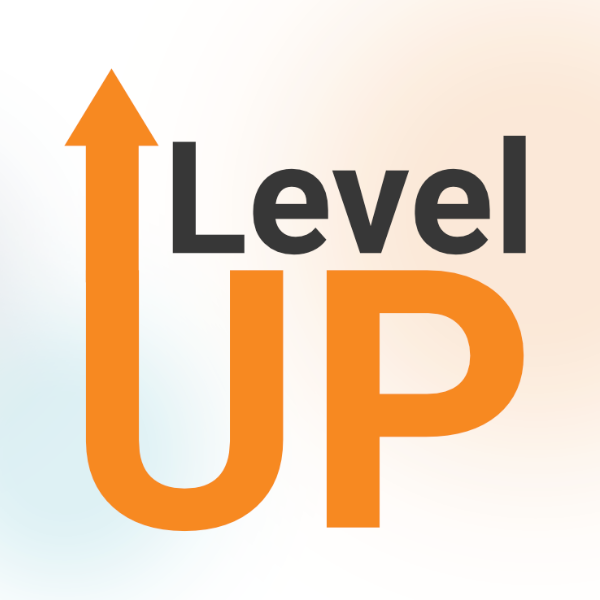- Location
- Thompson, Manitoba, Canada
- Portals
-
-
 The Pas, Manitoba, Canada
The Pas, Manitoba, Canada -
 Vancouver, British Columbia, Canada
Vancouver, British Columbia, Canada
-
Achievements
Latest feedback
Recent experiences
Sep. 2024 University College of the North Level UP
Welcome to Level UP , powered by Riipen! This innovative program connects employers with Canadian post-secondary students for 60-hour paid projects. Students receive $1,400 CAD from Riipen upon successful project completion. This is a private Level UP experience available only to the University College of the North students and employers. Employers Here’s how it works: Request to match your project to this Sep. 2024 University College of the North Level UP cycle. The Level UP team will review and either accept your match or request slight changes. Once your project is matched, students will apply to work on the project with you. You will review applications, and select the student(s) that you feel will be the best fit with your project. The student will set the team start and end dates in collaboration with you. They will need to hit “start project” on the Riipen platform and submit all deliverables including 60 work log hours before the end date. The Level UP team will review their project submission & deliverables, before processing payment. Ready to Level UP your work projects with the Sep. 2024 University College of the North Level UP experience? Start here . Opportunities are limited and this Level UP funding cycle will close once filled. For more on how to get started, check out this article - Getting Started With Level UP: Employers. Students STUDENTS MUST BE ELIGIBLE & INVITED TO JOIN LEVEL UP. Students can request access & confirm eligibility to this program here . For further guidance, visit our help article - Getting Started with Level UP: Students. Important Dates September 2024 - Employers will be invited to match their projects with Level UP. The Level UP team will work with employers to match projects. You will not receive any student applications during this time. October 2024 - Students will be invited to join Level UP. Students will apply to projects, and employers can accept or decline applications. Projects can start immediately upon acceptance. Our help articles in the Level UP Help Centre will help you get started.
Exploring Environmental Solutions Through Indigenous Perspectives
ANS 2400
This Northern Manitoba First Nations and Environment course covers contemporary environmental issues, the impacts of modernization, and potential solutions through the lens of Indigenous philosophies, particularly those of the Cree, Oji-Cree, Dene, and other First Nations. Student analyze and address environmental challenges while respecting the sacredness of land and integrating diverse perspectives from elders, academics, and Aboriginal politicians.
Partner with Emerging Scholars in Indigenous Literatures
ENG 3005
The University College of the North invites you to collaborate with our engaged and insightful learners enrolled in the Indigenous Literatures of the Americas course. This seminar course examines the works of Indigenous writers from North, South, and Central America, as well as the Caribbean, across various genres including prose fiction, poetry, drama, and creative non-fiction. Our students, primarily in their advanced years of study, have a strong foundation in diverse Indigenous literary traditions, historical contexts, and contemporary expressions. Learners in this course aim to build skills in literary analysis, critical thinking, and cross-cultural comparisons, focusing on the role of orality and storytelling in Indigenous traditions. They are prepared to recognize and interpret common themes, motifs, and narrative techniques, and evaluate the representation of Indigenous peoples in literature.
Unlock Critical Insights: Collaborate with Aspiring Theorists
ENG 4021
The University College of the North invites you to collaborate with our dedicated learners enrolled in the Critical Theory 2 course. This course delves into the major modern and contemporary schools and movements in critical theory, equipping students with advanced understanding and analytical skills in interpreting cultural phenomena, literary works, and societal issues. Our learners, primarily in their second year of study, are trained to evaluate complex theoretical texts, conduct independent research, and articulate intricate concepts both orally and in writing. By participating in this collaboration, employers will engage with learners who are keen to build skills in critical analysis, interdisciplinary research, and scholarly debate. The purpose of this course is to foster a deep understanding of critical theories and their applications, preparing students to contribute thoughtfully and insightfully to various fields.
